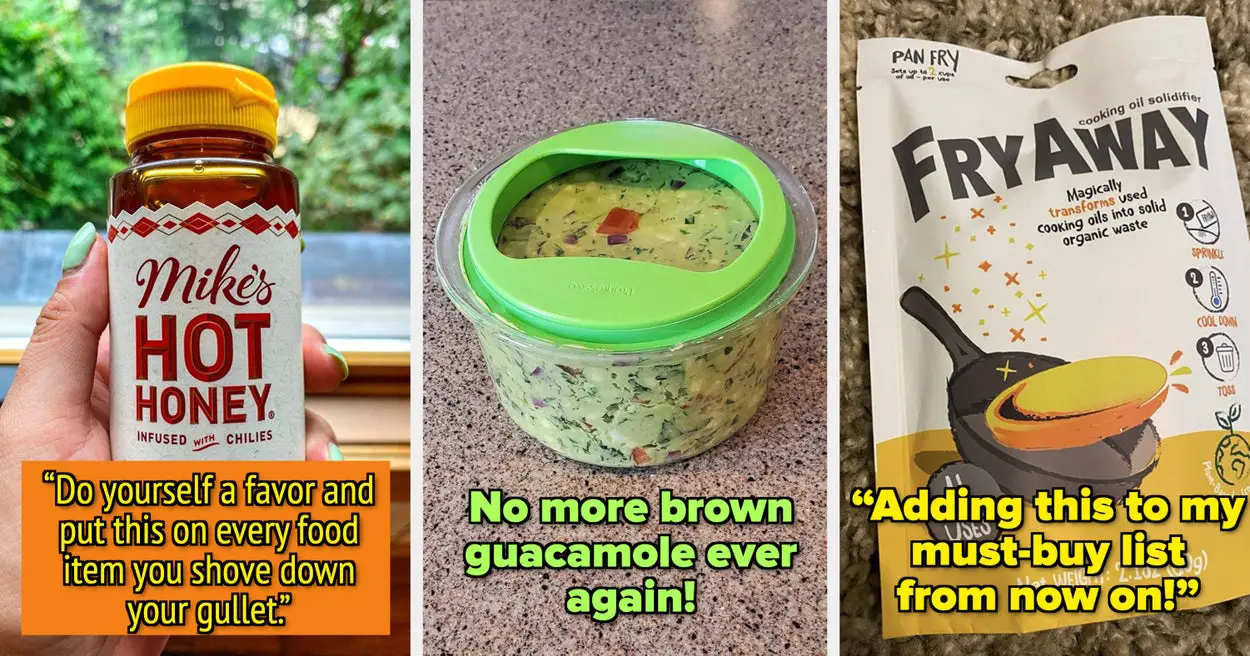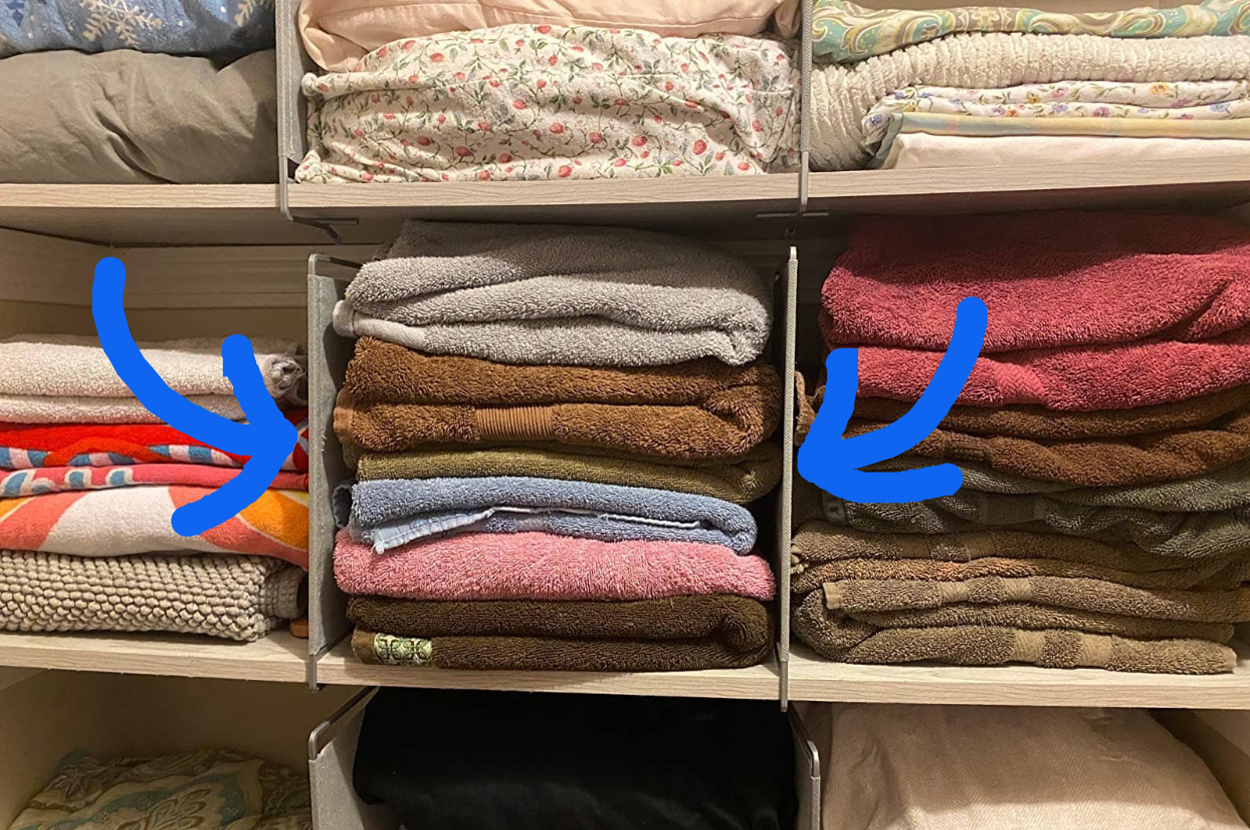It’s the holidays, so break out the eggnog. It’s festive, luscious, creamy, sweet, sometimes spiked … and possibly teeming with pathogens.
“Raw eggs are the biggest risk because you have a danger of getting salmonella,” said Bill Marler, a food safety litigator (you might recognize him from the documentary, “Poisoned: The Dirty Truth About Your Food”).
Salmonella is an equal opportunity bacteria. A recent outbreak was traced to pet turtles, but most salmonella infections stem from food. The bacteria causes about 1.35 million infections annually. Best-case scenario, you’ll feel rotten for a day or two, but salmonella accounts for 26,000 hospitalizations and over 400 fatalities a year, according to the CDC.
For Dr. Don Schaffner, a Rutgers distinguished professor and extension specialist in Food Science, the worry is not so much about the eggs and more about eggnog’s milk and cream. “The risks from raw dairy are more well established,” he said. Those risks include salmonella but also listeria, e.coli and campylobacter.
All of this could make you wonder how eggnog got to be a thing, anyway. According to many food historians, eggnog’s origins date back to 17th century England. Only the wealthy had access to eggs, milk and booze, so they’d mix it all together and flaunt it at the holidays.
If you’re determined to brave the bacteria and suck down that Christmas cup of calories (an 8-ounce serving averages around 250 to 300 calories), Dr. Mildred Cody, a registered dietician nutritionist (RDN) and food safety instructor emerita at Georgia State University, explains ways you can do it safely. “Don’t count on alcohol in eggnog to kill all of the bacteria,” Cody said. “That’s not likely to happen.” The answer, she says, is pasteurization.
Store-bought eggnog is the safer choice.
Remember Louis Pasteur from grade school science class? He’s the guy behind pasteurization, a process of zapping perishables like eggs and dairy at high heat just long enough to kill any wayward pathogens without affecting the quality of the food. But here’s the thing: “Most eggs in [an American] grocery store are not pasteurized,” said Elisa Maloberti, the American Egg Board’s manager of food safety. “Pasteurized eggs will be clearly marked on the package.”
“The most recent estimates indicate that about three out of every 10,000 eggs is positive for salmonella,” Schaffner said. “This means the risk from any individual egg is low, but of course the more eggs you combine, the higher the risk.”
Source link










Leave a Reply